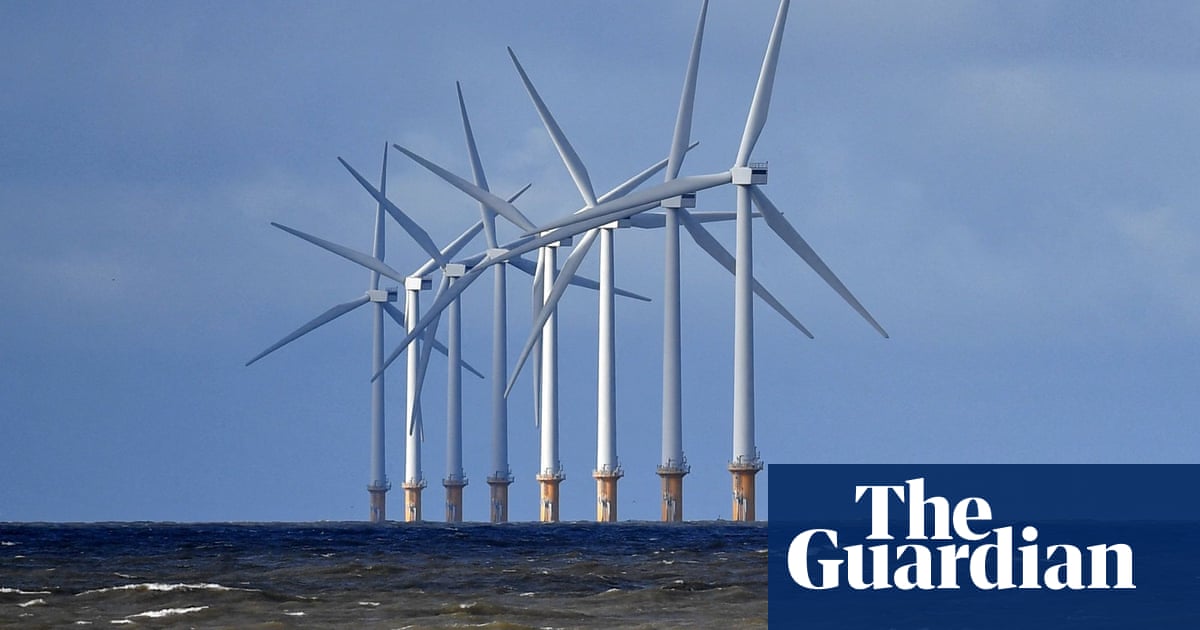
Britain has gone without coal-fired power generation for its longest stretch since the Industrial Revolution, breaking the existing record of 18 consecutive days this morning.
The UK’s energy system has not used coal-fired plants for more than 438 hours, according to National Grid data, the longest uninterrupted period since 1882.
The 18-day stretch has broken the UK’s previous record, which was set on 4 June 2019, partly because of a collapse in demand for electricity during the coronavirus lockdown and because of greater use of solar power.
The UK set a new solar power record on 20 April after solar farms generated more than 9.6GW of electricity for the first time.
The lockdown has also caused the UK’s electricity demand to fall to record lows because schools, shops, factories and restaurants have closed.
On Monday the demand was forecast to fall almost a fifth below the usual levels in April, according to the data. The lower overall demand for electricity means low-carbon energy sources are able to make up a greater proportion of the energy system than usual.
This month National Grid said it may need to turn windfarms and some power plants off in order to avoid overloading the electricity grid.
The new coal-free record comes almost three years after the grid first ran without coal power for 24 hours for the first time.
Since then, all but four of the UK’s coal power plants have shut in advance of a government ban on coal generation from 2025.
Coal made up only 2.1% of the country’s total power mix last year, a dramatic fall from almost a quarter just four years ago.
The collapse of coal and rise of renewable energy sources have led to a drastic reduction in carbon emissions from the UK power sector. Since 2012, the average carbon intensity of the grid – the amount of emissions required to produce one kilowatt hour of energy – has declined by more than two-thirds, from 507g of CO2 to 161g.
Britain’s dwindling fleet of coal plants still includes the West Burton A and Ratcliffe-on-Soar power stations in Nottinghamshire, the Kilroot facilityin Northern Ireland and two generation units at the Drax site in Yorkshire, which are earmarked for conversion to burn gas.












